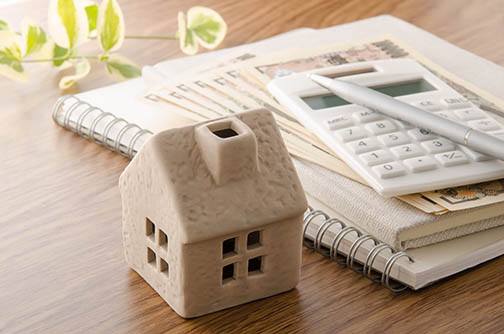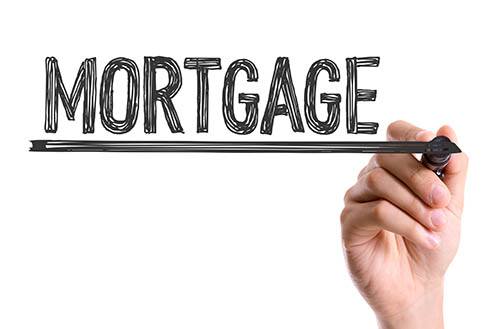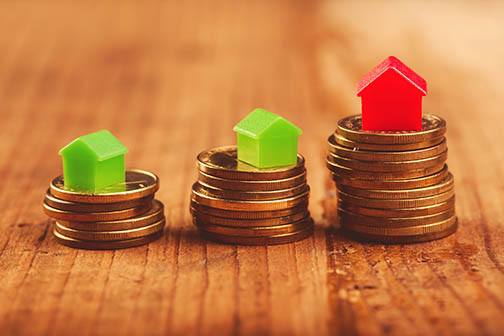Refinancing Your Mortgage: How To Get The Most Out of Your Home Equity
 With interest rates on the rise following the 2016 election, it’s possible that you’re now considering your options for refinancing your current mortgage. It can sometimes be hard to know all of the ins and outs of making this choice, though, and it’s important to know what’s involved. If you’re trying to determine if refinancing will work for you, here are some of the basics on this option and what it can mean for your equity.
With interest rates on the rise following the 2016 election, it’s possible that you’re now considering your options for refinancing your current mortgage. It can sometimes be hard to know all of the ins and outs of making this choice, though, and it’s important to know what’s involved. If you’re trying to determine if refinancing will work for you, here are some of the basics on this option and what it can mean for your equity.
Acquiring A Lower Interest Rate
One of the most common reasons for re-financing is to get a lower interest rate on a mortgage in times of a fluctuating market. While it may seem like this is more hassle than its worth, if you are able to get an improved rate, this can add up to considerable savings over time. While the once suggested percentage for refinancing was 2%, with economic times changing it can be worth looking at the numbers to determine if this option is financially viable for you.
Building More Equity
The great thing about negotiating a better interest rate for your mortgage is that it will not only lower your monthly mortgage payment, it can be a greater financial benefit over time. For example, if you have an 8% interest rate on a $250,000 home, adjusting your rate to 6% per month will mean a decrease in your monthly expenditures. Since you’ll be paying less interest overall, you can up your monthly payment and pay off the principal even more quickly.
Will Refinancing Benefit You?
While refinancing can be a great option if you’re able to get a better rate and are planning on staying in your home to reap the benefits, there are things to consider when making this choice. If you’re refinancing in order to make a big expense or renovate, these may be financially beneficial choices, but they can also be bad for the bank if budgeting isn’t kept in mind. It’s also worth realizing that there will be fees associated with refinancing, from the appraisal to the application, so ensure the new rate makes up for these costs.
There are many benefits associated with refinancing your mortgage, but it’s important to be aware of the costs involved and the financial benefit to you in the long term before making a decision. If you’re currently reconsidering your mortgage, contact one of our local mortgage professionals for more information.

 There is always uncertainty in the market in an election year, but many people are wondering exactly what kind of impact Donald Trump’s election will have on their mortgage and the real estate options available. Whether you are still paying off your home or have been shopping around for the right one, here are some possibilities for the real estate market following the results of the 2016 election.
There is always uncertainty in the market in an election year, but many people are wondering exactly what kind of impact Donald Trump’s election will have on their mortgage and the real estate options available. Whether you are still paying off your home or have been shopping around for the right one, here are some possibilities for the real estate market following the results of the 2016 election. The monthly mortgage payment can be burdensome for many, but it’s possible you’ve thought of trying to pay it down more quickly. Without getting a new job or working overtime, here are some tips you can use on a daily basis to save additional funds and pay off your mortgage at a swifter rate.
The monthly mortgage payment can be burdensome for many, but it’s possible you’ve thought of trying to pay it down more quickly. Without getting a new job or working overtime, here are some tips you can use on a daily basis to save additional funds and pay off your mortgage at a swifter rate.